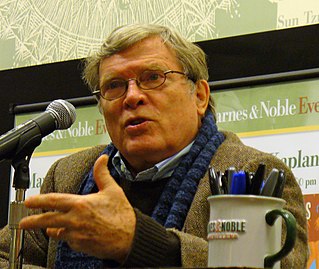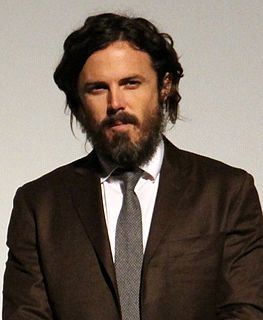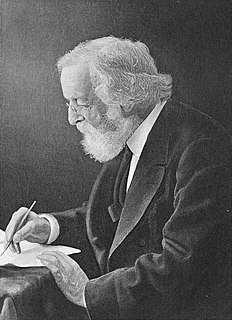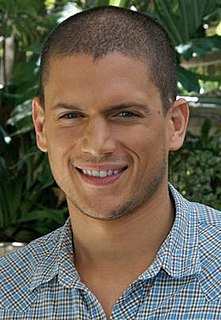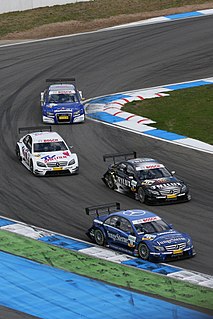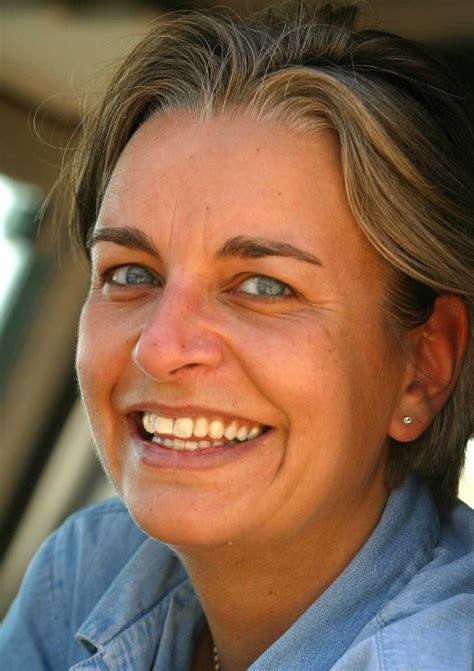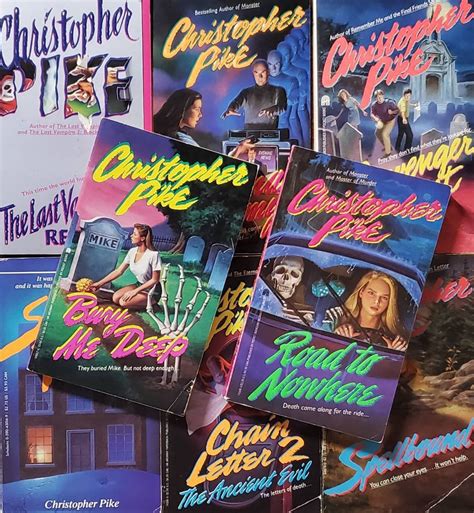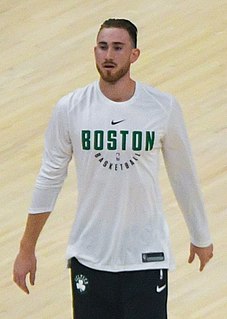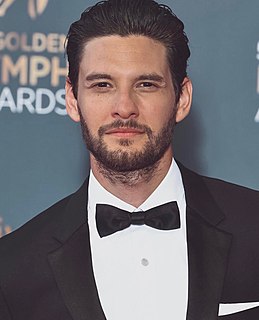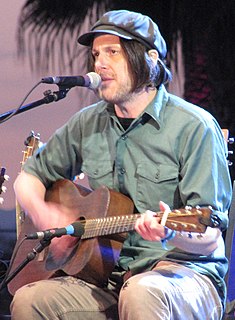A Quote by D. A. Pennebaker
You can't point a camera at someone and find out what's in their head. But it does the next best thing - it lets you speculate.
Related Quotes
When you're the guy behind the camera, you're aware of the reasons for the compromises or the changes that get made. As an actor, you go and do your thing, and someone else down the line then does all the math and goes, "We can't include that thing where he's pretending to be dumb and needling those people, because it takes a minute and a half, and it ruins the next scene. It doesn't make sense." If you're directing, you're the one doing that.
Let us not torment each other because we are not all alike, but believe that God knew best what He was doing in making us so different. So will the best harmony come out of seeming discords, the best affection out of differences, the best life out of struggle, and the best work will be done when each does his own work, and lets every one else do and be what God made him for.
A huge part of what we do as actors is learning to ignore the camera, as if it's not even there, while simultaneously being very aware of the camera and what it's capturing, because you can give the best performance of your life, but if you do it with the back of your head facing the camera, it's going to get cut from the movie.
I did once leave one of [my kid] watching something on YouTube, something completely innocuous, and I went out of the room and the algorithm kept playing the next thing and the next thing and somehow worked its way around to showing him the trailer for John Carpenter's The Thing - at which point I walked back in. He wasn't happy.
Making photos is helpful of course to master the craft. To get comfortable with the camera. Learn what a camera can do and how to use the camera successfully. Doing exercises for example if you try to find out things that the camera can do that the eye cannot do. So that you have a tool that will do what you need to be done. But then once you have mastered the craft the most important thing is to determine why you want to shoot pictures and what you want to shoot pictures of. That's where the thematic issue comes to life.
A dad is someone who wants to catch you before you fall but instead picks you up, brushes you off, and lets you try again. A dad is someone who wants to keep you from making mistakes but instead lets you find your own way, even though his heart breaks in silence when you get hurt. A dad is someone who holds you when you cry, scolds you when you break the rules, shines with pride when you succeed, and has faith in you even when you fail.
Tennis is a great game, a great sport because you're out there by yourself, so you have to move on to the next point, next game, next set, whatever. It's the same thing in basketball. If you miss a shot, you move onto the next one. If you turn it over, you move onto the next play. That certainly helped me.
The songs sort of come out spontaneously and it'll take me awhile to figure out what exactly is happening lyrically, what kind of story I'm telling. Then I start building little bridges - word bridges - to make everything go from one point to the next point to the next point until it reaches the end.
